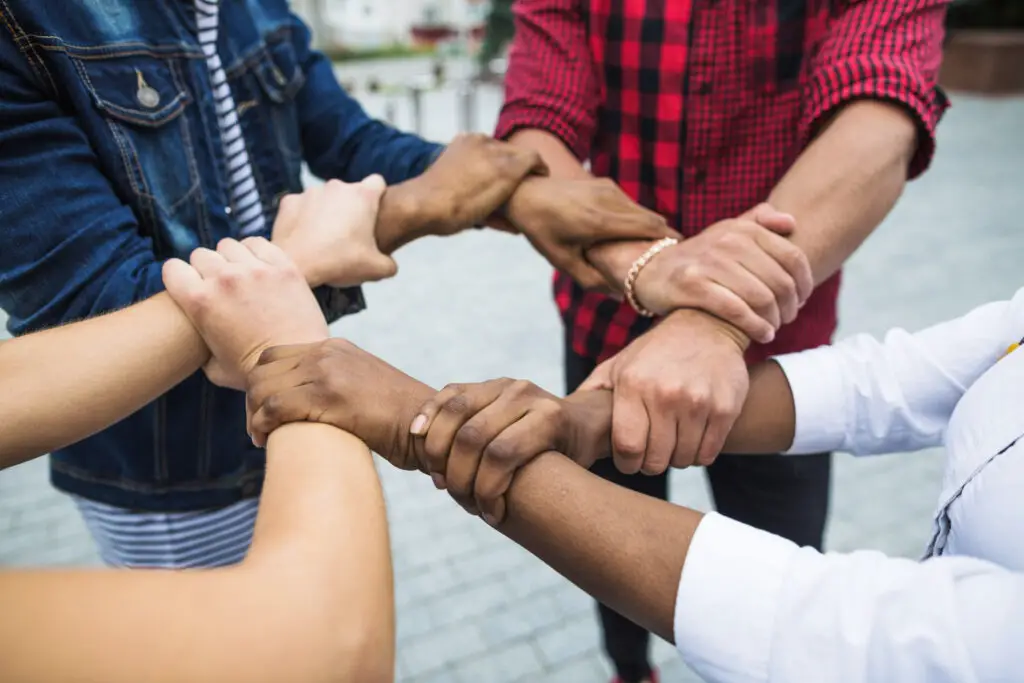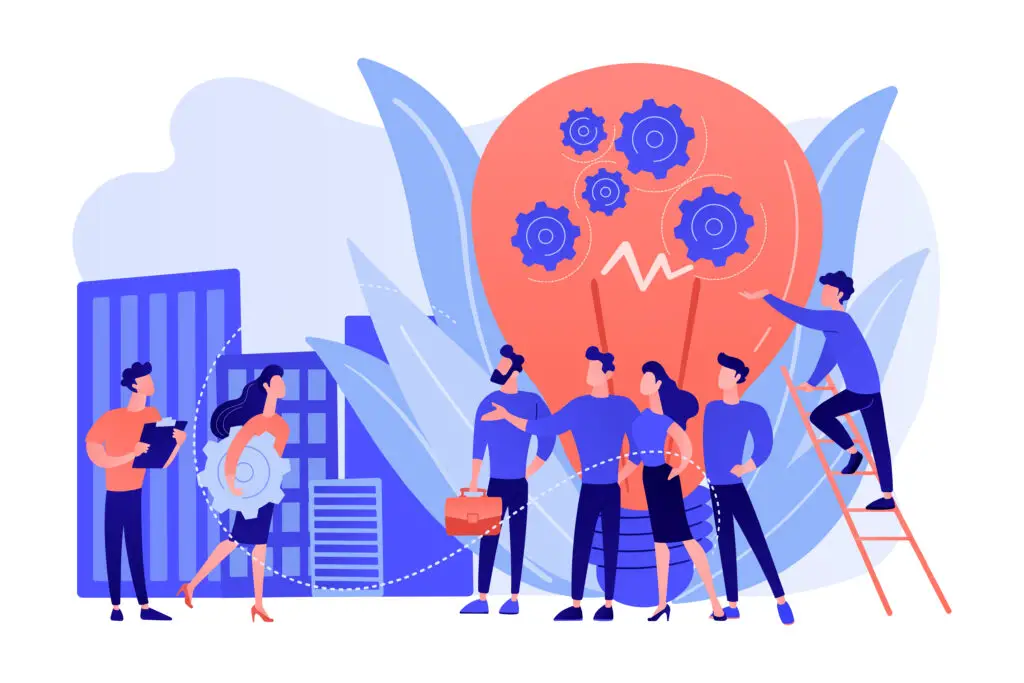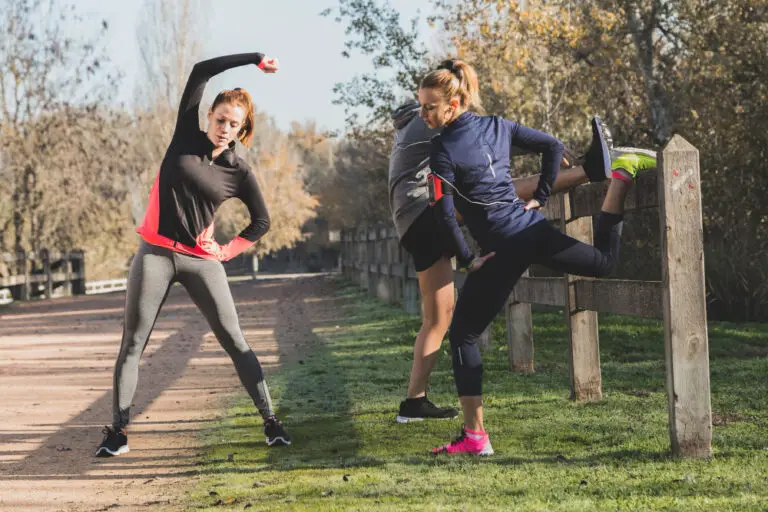Outline
Preface
Building Stronger Social Connections
Promoting Physical Health through Active Participation
Enhancing Mental Well-Being and Personal Growth
Strengthening Community Cohesion and Resilience
Encouraging Lifelong Learning and Civic Engagement
The Potential Pitfalls of Excessive Community Engagement
Tips to get yourself involve in community development
Conclusion
Article
Preface
It is not only confined to the person’s physical fitness and a balanced diet but extends to his mental well-being and further to social contacts and community involvement. However, these days community development and volunteering have also become very crucial for holistic health in individuals and societies. This paper explores how community engagement and volunteering add to healthy living standards by examining benefits that accrue to the individual and the community at large.
Building Stronger Social Connections
Another important benefit of community development and volunteering is the building and strengthening of social connections. Humans are inherently social animals; a sense of belonging and social support is important for mental and emotional well-being. The participation in community activities and volunteering affords opportunities to meet new people, make friends, and establish a support network. This can help reduce feelings of loneliness and isolation, factors that are known to have an adverse effect on a person’s mental and physical state.
It has also been proved by research that the stronger the social networks, the lesser are the rates of depression and anxiety. People also cope better with stress and their self-esteem is higher. Through his involvement in community projects or volunteering programs a person helps not only improve the lives of the other people but also builds up his own social capital to maintain a healthier life style on the whole.

Promoting Physical Health through Active Participation
Apart from the social benefits, community development and volunteering often involve physical activities and active participation. From urban gardening to a neighborhood clean-up event, various activities that run professional sports programs sometimes engage them in moving and exercising. Regular physical activities are highly important for cardiovascular health, maintenance of chronic diseases like diabetes and hypertension, and keeping a higher level of physical fitness.
The other forms of volunteering require manual work or even outdoor activities; these create possibilities to be actively engaged with people. Be it planting trees in a park, running for a charity event, or teaching fitness to the public, all these forms of activity stand for a health-oriented lifestyle.
Enhancing Mental Well-Being and Personal Growth
Community development and volunteering may have a considerable impact on mental well-being because they offer an opportunity to develop a sense of purpose and fulfillment. Most find meaning in life by helping others, putting something valuable into the community, or being part of something greater than oneself. This feeling of meaningfulness is closely connected with positive mental health: resilience to stress is greater, mood higher, and overall life satisfaction grows.
Besides, the work of volunteering often involves learning new skills and expertise and building one’s knowledge base. It can involve leadership skills through the organization of events within the community, or empathy and compassion through direct service to others. There are many ways volunteers can build their skills and personas. This helps build resilience and adaptability, which enables them to cope with life’s challenges and maintain good mental health.
Strengthening Community Cohesion and Resilience
Community development and volunteering are very important in strengthening the social fabric; both community cohesion and resilience are enhanced by such an effort. The people working together to achieve a common goal or find solutions to problems in the community gain a sense of unity and solidarity about their community. This shared sense of purpose is mixed with collective action that will take place; this enhances social relations and the ability to resist social challenges and crises.
Communities that volunteer and engage in collaborative projects generally have high levels of trust, cooperation, and mutual support. In fact, these traits help make an atmosphere much more inclusive and supportive, wherein every individual feel appreciated and retains a feeling of belonging. This begets a sense of community and support that again enhances the overall health and well-being of its members.
Encouraging Lifelong Learning and Civic Engagement
Community volunteering and development also promote lifelong learning and civic engagement. People learn more in the process of being involved in communities on issues present in their locality, social dynamics, and a larger context within which their actions are taken. Such knowledge encourages active citizenship and motivates one to be involved in civic processes, advocating for change and helping in the development of communities.
Besides, volunteering is one activity which always presupposes the collaboration of people from different backgrounds, hence it enhances such cultural understanding, empathy, and tolerance. It is these intercultural experiences that enrich an individual’s outlook and make much valuable contribution towards an inclusive and cohesive society. While taking part in community development and volunteer activities, a person develops a sense of responsibility towards the community and acquires necessary competencies for active participation in decision making about its future.

The Potential Pitfalls of Excessive Community Engagement
While involvement in community development and volunteering can be very rewarding, the extent of such activities should also be duly countered by awareness that too much involvement could essentially affect the healthy lifestyle of a person. Overwhelming participation-when, for instance, it has to be forced-might lead to burnout, stress, and decrease in personal care. The unending need to balance commitments across different projects can put stress on one’s time management skills, precluding reasonable amounts of rest, free time, or self-care routines. Moreover, emotional investment in community issues sometimes may generate frustration or disappointment if progress cannot be observed quickly enough or is less than anticipated. Therefore, as much as community involvement is something positive, it is imperative to find a balanced approach that enables one to consider the equal importance of community contributions to personal health to maintain the healthy lifestyle.
Tips to get yourself involve in community development
The following are useful tips to assist you in getting yourself involved in community development:
Here are some tips that can get you effectively engaged in community development and increase your personal satisfaction and growth:
1.Know which causes or issues hold particular meaning to you personally. The skills, interests, and expertise you can bring with you on a community project are very important. Whether it is mentoring the youth, organizing events, or bringing technical skills to bear for an initiative of benefit to the community, one key in making sure motivational and effectiveness levels are higher is to tie personal passions to what you do.
2. Search locally for any groups, organizations, or nonprofits that align with your interests. You can also go out into the community to attend community events or volunteer fairs; these may be one of the best ways to discover which projects or programs are currently active and in need of volunteers.
3. Commit to specific times that are realistic, feasible, and available in your schedule. It is through consistency that meaningful relationships can be built and long-lasting changes are achieved. Whether through direct volunteering-a few hours a week-or periodic events, reliable involvement shows a commitment to long-term community development processes.
4. Connect with other volunteers, community leaders, and stakeholders. Networking within the community provides additional opportunities, resources, and shared projects. Engage by sharing your opinions and ideas through discussions; this will help to highlight how mutual interests and strengths might be utilized to achieve desired community outcomes.
5. Consider your role within the community as a learning opportunity. Ask questions and be curious; be prepared and watch for opportunities which enable you to increase your understanding of the community’s problems and their solution.
6. Encourage diversities and inclusivity in community building. Interaction with people of diverse backgrounds enriches ideas and builds empathy, providing cross-cultural understanding.
7. Record your various contributions and celebrate the various milestones reached from undertaking community activities. Reflect on the positive changes that occur within the community and acknowledge efforts put forward by volunteers, partners, and other stakeholders involved.

Conclusion
Community development and volunteering play an important role in people maintaining a healthy lifestyle by providing the following aspects: social networking, physical health, mental well-being, community cohesion, and lifelong learning and civic engagement. Community development and volunteering have impacts on both personal developments and building a robust and resilient community concerned about health and happiness. Therefore, engagement in volunteer service and community involvement allows adopting such activities as part of a healthy lifestyle, enabling personal benefits and social good to the society in general.






